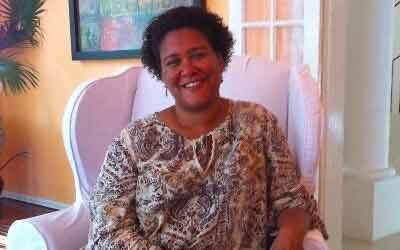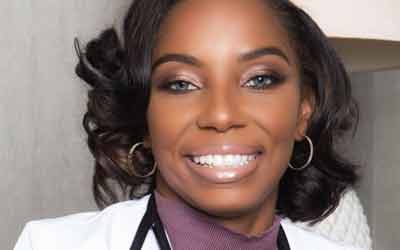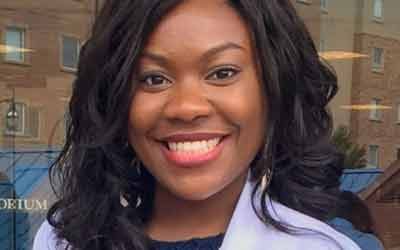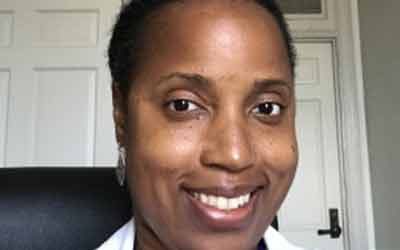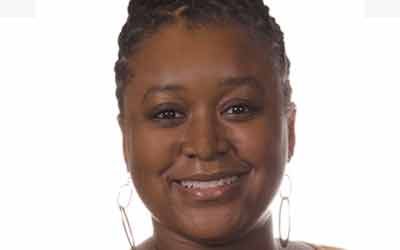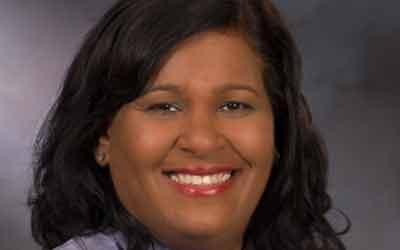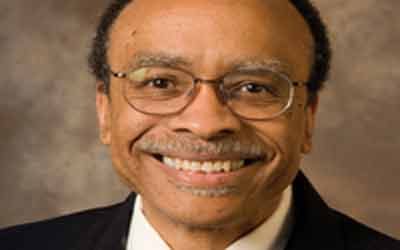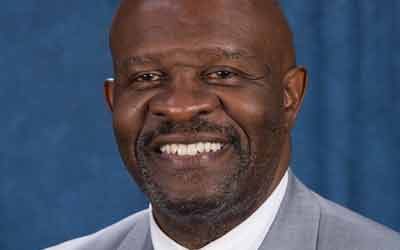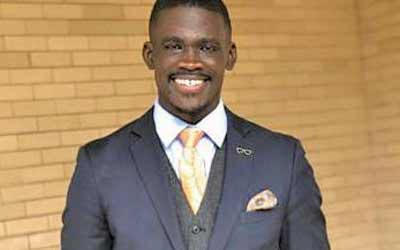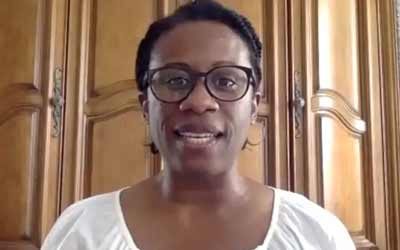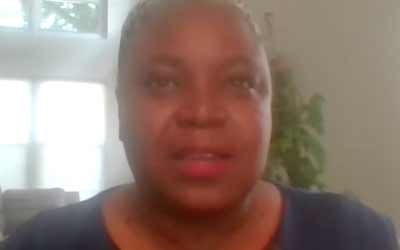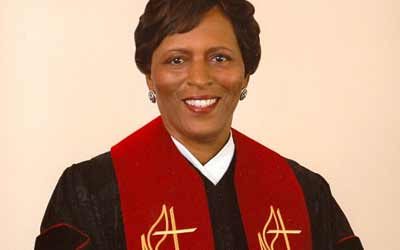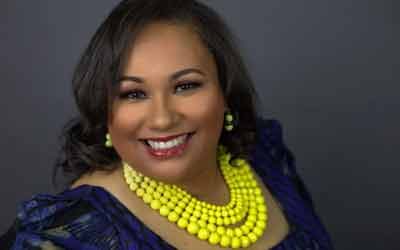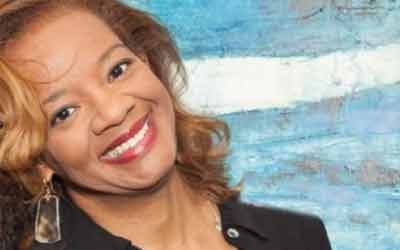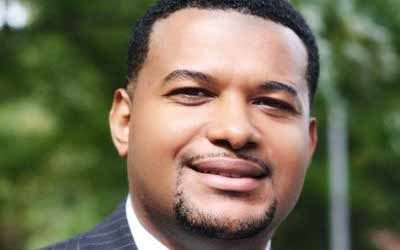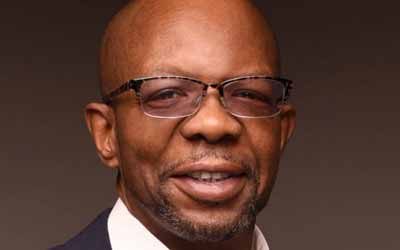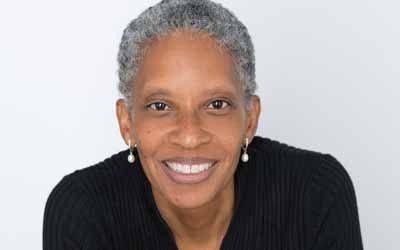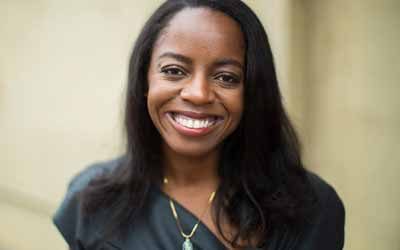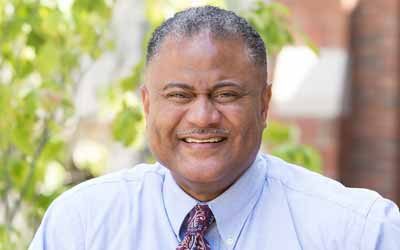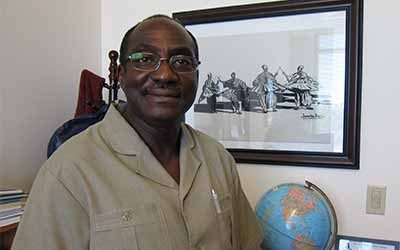A Cost Too Great To Bear:
Black Religious, Community, and Public Health Leaders Speak About Systemic Racism in the Midst of COVID19 and Calls for Racial Justice
America is in crisis. The most glaring aspect of that crisis in this present moment is systemic racism and racial injustice. The impact of this systemic racism is made clear in the differences in infection rate of COVID19 by race coupled with the murder of Ahmaud Arbery, Breonna Taylor, and George Floyd in just the past few weeks. Researchers in public health and the social sciences have long noted the glaring and persistent racial disparities in various social indicators such as:
- Income
- Black Americans earn 63 cents for every dollar earned by white Americans (see, Statistical Abstract of the US Census, 2012 (the last year for which data are available), p. 452, table 691), .
- On average, white American households have access to $23,000 in liquid capital wealth (funds that can be readily accessed in an emergency) while black household have access to only $200 (Beyond Broke: Why Closing the Wealth Gap is a Priority for National Economic Security, 2014).
- Social Environment
- Of the 171 largest cities in the United States, “the worst urban context in which whites resides is considerably better than the average context of black communities.” (Sampson, Wilson, and Katz, 2018.)
- Raicial disparities in income, high school graduation rates, and unemployment could be eliminated by ending social segregation. (Cutler, Glaeser, and Vigdor, 1999).
- Health
- Poor health outcomes are linked to disparities in racial and social-economic status. Even when differences in social-economic status are eliminated, black Americans have worse health outcomes than white Americans. (Williams, Priest, and Anderson, 2016).
- Racial discrimination is systemic, affecting all Americans’ daily lives and activities. Various aspects of daily lives have significant and demonstrated effects on poor health outcomes for black Americans (Williams and Mohammed, 2009).
- America’s System of Criminal Justice
- Excessive police force directly marginalizes racial minority and working-class communities from access to social resources, institutions, and goods. (Cooper and Fullilove, 2020).
- Since 2015, calls at a national policy level for reforming policing from a system that focuses on enforcement using deadly force to one that focuses on guardianship carried out through partnerships with local communities have gone unheeded by politicians.
In this context, what can religion do? As David Williams, a noted social scientist who studies race and health disparities noted, “Religious institutions can deliberately and intentionally spur compassion, engender empathy, and facilitate the political will for sustained action to initiate and maintain social justice.” (Williams, 2012). In March 2020, the Reverend Doctor Melissa Sexton, a Satcher Health Policy Fellow at the Satcher Health Leadership Institute at the Morehouse School of Medicine, began an eight-week practicum with the Interfaith Health Program. As one part of that practicum, Melissa interviewed dozens of Black religious, community, public health, and medical providers to gather their input on the impact of health disparities according to race on the COVID19 outbreak. The responses of those she interviewed provide rich perspectives and insights on race, racism, and the failure of our country to move toward greater social justice. In light of the sustained calls for systemic change being raised by Americans of all races across our communities, these interviews take on a new relevance.
The Interfaith Health Program expresses our gratitude to colleagues at the Morehouse School of Medicine, Reverend Doctor Sexton, and the leaders whom she interviewed for this series.
Videos
Forging a New Commonwealth Together: An Interview with Dr. Leslie Harris Professor of History, Northwestern University
Dr. Leslie Harris discusses her work to help communities face fears, with creative energy to forge a new commonwealth. This is a candid discussion that completes a series of conversations, originally focused on messaging in a pandemic, between healthcare and faith leaders.
Responding on the Front Lines in New York: An Interview with Brandy Brown, FNPC
Dr. Brown speaks to us from a New York hospital where she responded to a call of duty request for healthcare providers to staff the overflowing patients the the hospital systems in that city. She speaks about the new horizon for mental health care collaborative approaches and telemedicine as necessary tool for the future of delivery of services.
A Global View Toward Clinical Care: An Interview with Helene Okpere, MD
Dr. Okpere discusses her calling into medicine from mission work to Ghana and a devotion to her nephew’s health. Her travels have also included learning about medicine in El Salvador.
“I Saw Their Faith As Something Much Larger”: An Interview Cinnamon Bradley, MD, FACP,
Dr. Bradley has launched a Medical Humanities Journal at Morehouse School of Medicine, “Aequitas,” in honor of the mission toward achieving health equity. As a Primary Care Internist at Grady Memorial Hospital, she describes being grounded in the faith of her grandmothers, growing up on the Southside of Chicago.
An Interview with Dr. Lillianne Lewis Debnam, MD, FAAP
Dr. Lewis Debnam discusses how the Social Determinants of Health are adding to the stresses and strains of the families she’s seeing in her practice. She also talks about how she and other physicians are “praying around the clock” for the world, for their patients, and for a cure.
If You Abide in God, You Abide in Love: An Interview with Dr. Selika Sweet, MD, FAAFP
Dr. Sweet begins by explaining how she chose the profession of family medicine, describing her medical education at Meharry Medical College and her residency in Louisiana. Dr. Sweet and Dr. Sexton discuss their shared experiences raising children as single mothers.
Are We Helping to Make the Beloved Community Real?: An Interview with Luther Smith, Candler School of Theology, Emory University
Dr. Smith begins by discussing the Interfaith Children’s Movement, a movement founded by children in 2001 to respond to children’s needs—especially those who are most vulnerable.
What It Means to Breathe: An Interview with Rev. Dr. Vance P. Ross
The interview begins with Reverend Ross and Doctor Sexton reflecting on the significance of breath and of breathing during this pandemic. Reverend Ross reflects on the ways in which stay-at-home mandates have cleared the air in many cities around the world, including Atlanta.
“My God, My God, Where In the Hell Are You?”: An Interview with Rev. James Woodall
At the start of the interview Rev. Woodall reflects on the meaning of “I can’t breathe” in the COVID-19 pandemic. He begins by placing those words in the historical event of Eric Garner’s 2014 arrest in which he struggles to breathe as police officers hold him down.
Caring for the Self, for Others, and the Creation: An Interview with Rev. Lahronda Welch Little
The interview begins with Rev. Welch-Little discussing her doctoral studies, exploring her notion of holistic soteriology. For Lahronda, a theology of soteriology (salvation) cannot be merely spiritual, but material and corporate.
We Cannot Be Ruled By Fear: An Interview with Rev. Michelle Simpkins
The interview begins with Reverend Simpkins talking about the issue of fear in relation to the children during the outbreak. She frames this topic out of her own experiences as an educator. Michelle offers a wealth of examples and actions that parents and other adults caring for children can take to help children not only live in fear but to actually adapt and thrive during this epidemic.
We Can Only Get Through This Together: An Interview with Rev. Dr. Bernice Kirkland
The interview begins with Reverend Kirkland discussing how her response to COVID-19 has been informed by her own life and the things that ground her. Her skills as a nurse and her call to ordained ministry have offered her a particular perspective to see what God is calling us to do as a society—to be faithful stewards of the entire creation.
Hope is the Friend of Justice: An Interview with Rev. Iyabo Onipede
In this interview, Rev. Onipede discusses her experience of attending the funeral of the mother of her friend—in Nigeria. Iyabo discusses the spiritual challenges presented by this virus to long-standing and deeply meaningful spiritual rituals—rituals her friend could not carry out according to tradition because she was unable to travel to Nigeria for the funeral in the midst of this outbreak.
Sitting in the Mud: An Interview with reverend dr. candi dugas
The interview begins with dr. dugas discussing the importance of meditation in her life because it cultivates mindfulness and allows us to navigate life in support of holistic health and well-being.
A Choice in Front of Us: An Interview with Nathaniel Smith
The interview begins with Nathaniel situating the current challenge of COVID-19 in light of America’s racial history—a history of racial violence but also of great courage. Drawing on the lessons learned and gains fought for through the civil rights struggle, Nathaniel recounts the vision for founding the Partnership for Southern Equity and its work to champion racial, social, and economic equity.
The Virus In First Person: An Interview with Kenneth Nave, MD
Dr. Nave is a Physician in Primary Care and Internal Medicine and someone infected with the COVID-19. In this interview, he discusses virus health disparities that are a key factor in the poor health outcomes that Black Americans face, not only in relation to COVID-19 but on other health conditions as well.
Buddhist Wisdom in the Time of COVID-19 : An Interview with Ayo Yetunde
In this interview, Ayo employs Buddhist teaching to describe ways to respond to the outbreak. Ayo starts by reflecting on the gift of compassion and our human bodies in light of a Buddhist anthropology to come to understand a compassionate, ethical response to COVID-19.
Re-Imagining Presence During This Outbreak: An Interview with Reverend Zeena Regis
In this interview, Reverend Regis discusses the challenges of staying present with people difficult times. As a chaplain, she works to value and respect her patients as they pray for a miracle as part of a clinical care team that often views such prayers as denial of reality.
“I Am With You”: An Interview with the Reverend Doctor Rodney S. Sadler
In this interview, Dr. Sadler discusses the vacuum of leadership in the United States in responding to the COVID-19 outbreak. Dr. Sadler discusses the convergence of so many negative factors impacting the country at this moment.
“That They May Have Life and Have It More Abundantly:” An Interview with the Reverend Doctor Emmanuel Lartey
An Interview with the Reverend Doctor Emmanuel Lartey, Charles Howard Candler Professor of Pastoral Theology and Spiritual Care Candler School of Theology, Emory University

